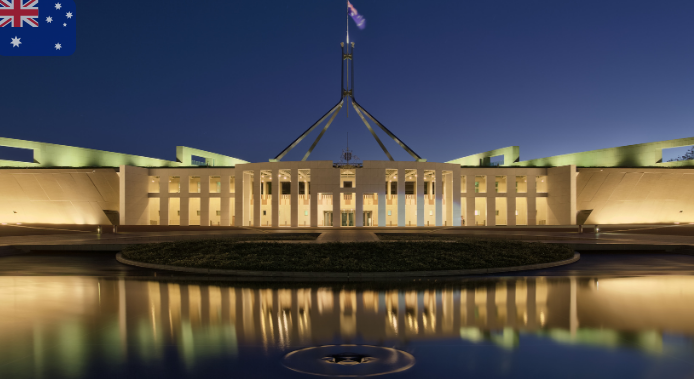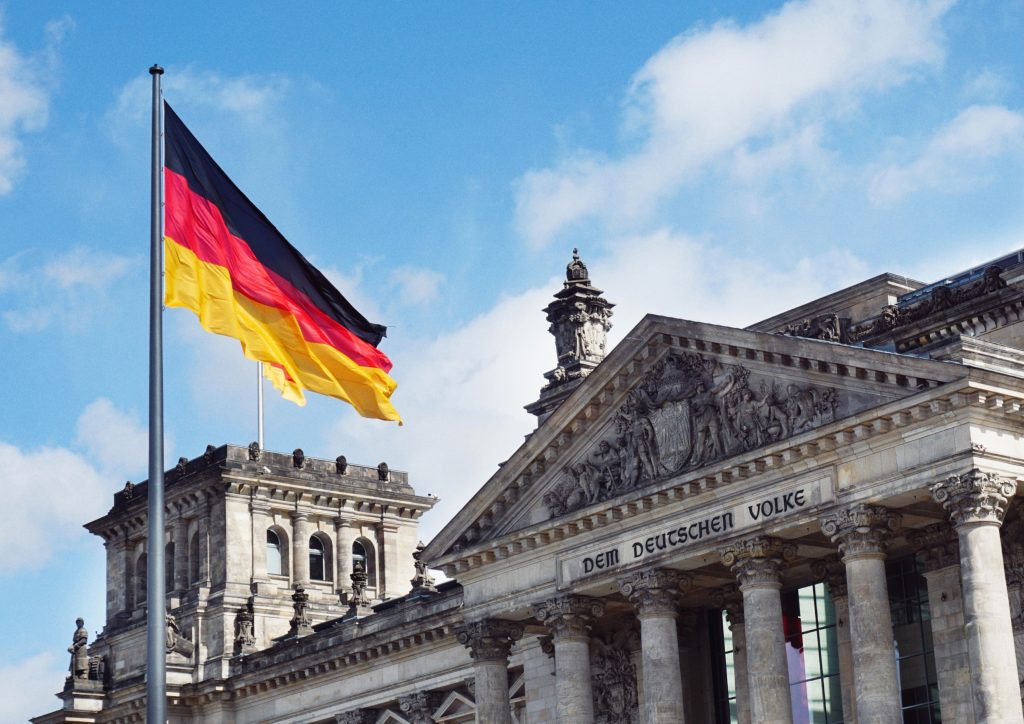 Disclaimer – The image is for illustration purposes only. It does not reflect the actual project.
Disclaimer – The image is for illustration purposes only. It does not reflect the actual project.
The Australian government’s procurement activities represent a significant segment of the nation’s economic landscape, serving as a vital engine driving growth and fostering the development of diverse industries.
Guided by principles of transparency and value for taxpayers, these procurements present compelling opportunities for businesses of all sizes, both domestically and internationally.
Delving into the intricacies of this dynamic mechanism, we unveil its key components and explore the avenues it opens for potential participants.
GlobalTenders aggregates tenders from Australia’s official, authorities and agencies websites, newspapers, journals, and magazines. With artificial intelligence and machine learning the data is authenticated, segregated, and reorganized to make thousands of Australia Tenders easily searchable on a single platform.
The platform uploaded over 83,000 contracts, collectively exceeding $74.8 billion in value. The notices included everything, from IT infrastructure and medical supplies to construction projects and fleet management.
Global Reach: Embracing International Collaboration
Australia’s commitment to the World Trade Organization’s Agreement on Government Procurement unlocks a vast $2.5 trillion market for international businesses. This fosters a collaborative environment where foreign companies can leverage their expertise and contribute to fulfilling the diverse needs of the Australian government.
Key Beneficiaries: Where the Spending Flows
The Australian government’s procurement activities span a wide range of sectors, with some of the most significant beneficiaries being:
Construction: $15.6 billion
Professional Services: $13.5 billion
Information Technology: $8.1 billion
Transport Equipment: $5.8 billion
Health: $5.7 billion
Transparency as Cornerstone: Building Trust through Openness
Building trust and ensuring accountability are paramount for the Australian government. All contracts exceeding a specified threshold are publicly displayed on AusTender, providing details such as the goods or services procured, the contract value, and the successful bidder. This transparency fosters fair competition and allows for public scrutiny of government spending.
Beyond Business: Procurement for a Sustainable Future
Incorporating social responsibility into its procurement practices, the Australian government increasingly prioritizes “social procurement” initiatives. So, this approach leverages its purchasing power to achieve positive social and environmental outcomes, including supporting local businesses, promoting Indigenous procurement, and advancing sustainability goals.
Emerging Trends: Navigating the Future of Australian Procurement
The Australian government procurement landscape is constantly evolving, with several key trends shaping its future direction:
- Expanding Social Procurement: Expect to see a growing emphasis on areas like climate change mitigation and disability inclusion.
- Defense Spending Rise: Opportunities for domestic companies in advanced technologies like artificial intelligence and autonomous systems are anticipated.
- Cybersecurity Focus: Stringent guidelines and assessments for sensitive technology contracts are likely to be implemented.
- Openness and Transparency: Initiatives like AusTender’s continued expansion will strive to further promote competition and innovation.
GlobalTenders aggregates tenders from Australia’s official, authorities and agencies websites, newspapers, journals and magazines. With artificial intelligence and machine learning the data is authenticated, segregated and reorganized to make thousands of Australia Tenders easily searchable on a single platform.
#AusGovtProcurement #AusTender #GovernmentContracts #BusinessOpportunities #AustraliaEconomy #SocialProcurement #DefenseSpending #Cybersecurity #Transparency #Openness #WAGAs #InternationalBusiness #LocalBusiness #ClimateChange #DisabilityInclusion #AI #AutonomousSystems #Innovation #Australia #Australiatenders #Australiabids #globaltenders #bids #tenders #Procurement #publicProcurement #Construction #Informationtechnology #Transport #Health #government #global

